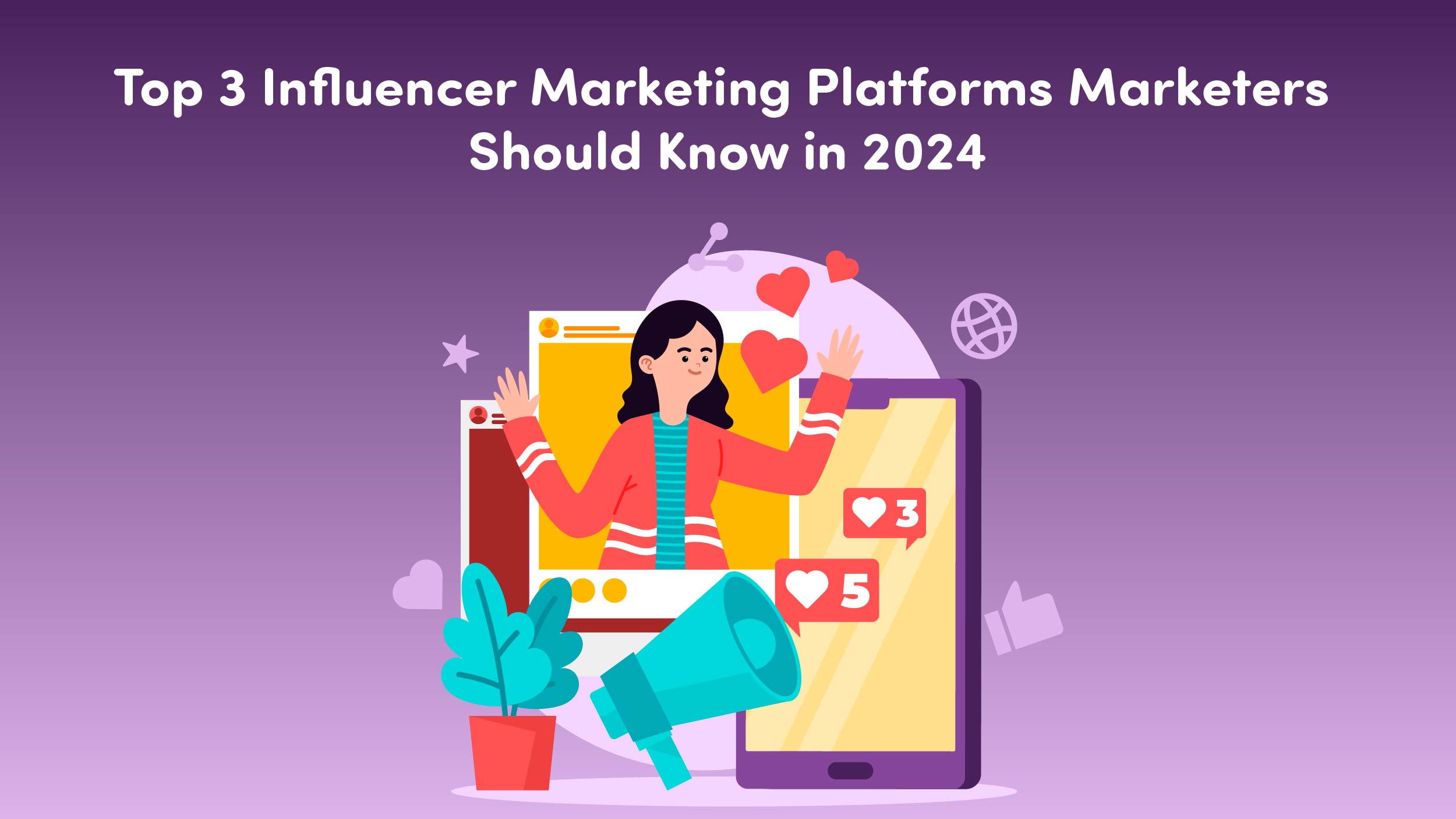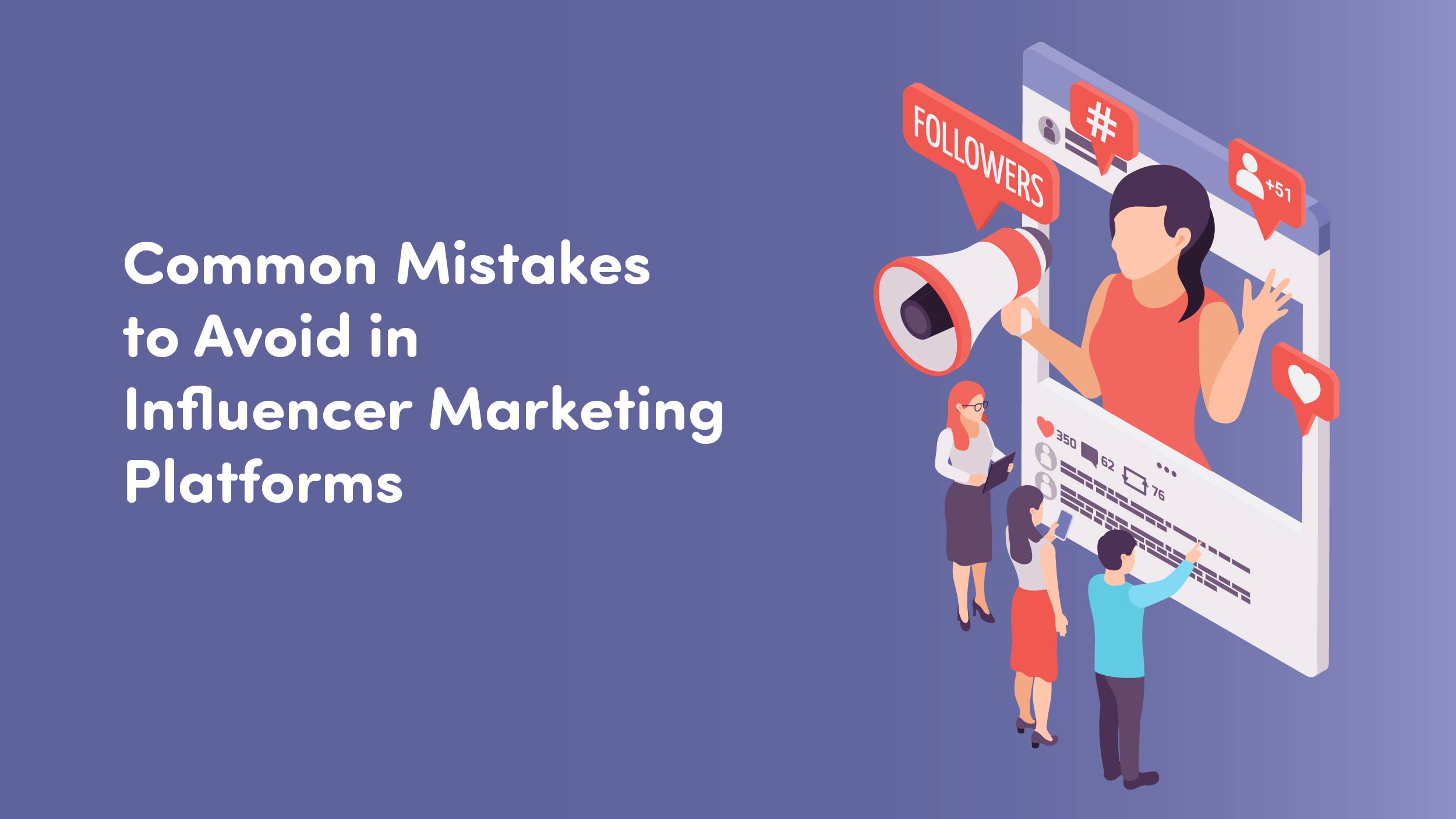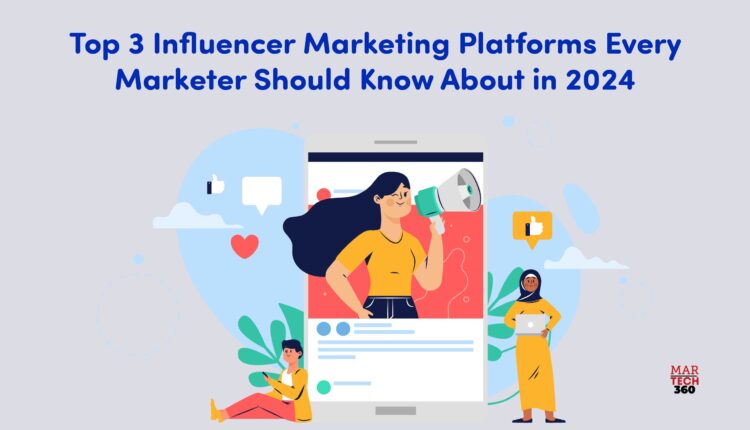In today’s digital age, where social media dominates our daily interactions, influencer marketing has emerged as a powerful strategy for brands to connect with their target audiences. At the heart of this dynamic approach lies the use of influencer marketing platforms – virtual spaces that serve as the nexus between brands and influencers. These platforms not only streamline the collaboration process but also offer a curated space for brands to identify, engage, and partner with influencers whose authentic voices resonate with the desired consumer base. Without further ado, let’s understand everything about it.
What is an Influencer Marketing Platform?
An influencer marketing platform serves as a computer program or application specifically crafted to aid brands in overseeing their influencer marketing endeavors. These platforms encompass a diverse array of features, including influencer discovery, campaign management, analytics, and payment processing. By automating and simplifying various facets of influencer marketing, these platforms significantly enhance the efficiency and effectiveness of brand-influencer collaborations.
Acting as intermediaries between businesses and influencers, these platforms facilitate the sorting, filtering, and connection with highly relevant influencers possessing established credibility and a dedicated following. Not only do these platforms assist in discovering and connecting with new influencers, but they also streamline communication, drive campaigns, and provide insightful reporting. Overall, an influencer marketing platform enables brands to optimize their influencer marketing workflow, recruit ideal creator partners, and foster robust relationships with their top-performing influencers.
Top 3 Influencer Marketing Platforms Marketers Should Know in 2024
 Grin
Grin
Grin is known to be one of the best influencer marketing platforms out there.
Best for: eCommerce businesses of all sizes
Notable clients: Macy’s, Uber, Chubbies, and Vera Bradley
Pricing: Available upon request
Platform Features:
Influencer Discovery and Recruitment:
- Searchable database with 100+ million influencers from Instagram, YouTube, and TikTok
- Lookalike function for discovering influencers similar to preferred selections
Relationship Management:
- Emphasis on building trusting relationships with influencers
- Integration of registered eCommerce site users, providing a list of potential influencers
Content Management:
- Seamless integration of influencer-generated content into eCommerce platforms
Payment Tools:
- Tools for managing payments to influencers
Reporting and Analytics:
- Real-time tracking of sales and referrals
- Comprehensive reporting and analytics for assessing campaign performance
Pros:
- Effortlessly discover new influencers from your pool of registered customers
- Seamless integration of influencer-generated content into your eCommerce platform
- Gain a clear understanding of your return on investment (ROI) with real-time tracking of sales and referrals
Cons:
- Lack of transparency in pricing
Also Read: Sentiment Analysis: Turning Words into Insights
Creator.co
- Best for: Small & medium businesses
- Notable clients: Scentuals, Colgate, Walmart, and Blanka
- Pricing: Starting at $460 per month, with a one-time onboarding fee of $395
Platform Overview:
- Formerly known as Shop and Shout, Creator.co rebranded in 2018 to emphasize content creation alongside dissemination.
- Focus on small businesses and micro-influencers, prioritizing content quality as much as marketing.
- Boasts a vast influencer database of 300 million, offering access to 1st party Metadata for comprehensive insights.
Main Features:
- Intuitive Dashboard
- Influencer Search
- Insights and Advanced Analytics
- Social Listening
Pros:
- Unparalleled data insights into influencers.
- Brands hold full licensing rights to user-generated content (UGC), facilitating easy content downloading.
- Integration with affiliate marketing transforms influencers into an additional salesforce.
Cons:
- The onboarding fees may create an unfavorable impression.
- Some users find that creator opt-ins could be better organized and may become overwhelming.
Influencity
- Ideal for: Businesses of all sizes and agencies
- Notable clients: Air France, Samsung, Dentsu, and Kellogg’s
- Pricing: Starts at $148 per month after a free seven-day trial (monthly plan) or $134 per month with the yearly plan. Users can create a customized bundle based on specific business needs.
Main features:
- Influencer discovery
- Relationship management
- Campaign reports
- Influencer seeding
Platform Evolution:
- Originated in 2014 with a focus on automatic tweet publication by influencers.
- Evolved focuses on Instagram, YouTube, and TikTok, currently housing over 170 million influencers.
Comprehensive Data and Search Filters:
- Offers an extensive database with over 100,000 ways to combine filters for precise influencer search.
- Lookalike search functionality considers influencer, content, and audience data for similarity judgments.
Pros:
- Precision discovery and look-alike tools generate highly relevant results.
- Collaborative influencer list creation with predicted collective performance.
- Audience analysis offers valuable insights both pre and post-campaign.
Cons:
- Lack of support for Instagram Stories.
Common Mistakes to Avoid in Influencer Marketing Platforms
 Here are the prevailing errors frequently made by marketers:
Here are the prevailing errors frequently made by marketers:
Disregarding Platforms with Nano and Micro-Influencers:
- Mistake: Ignoring a platform due to a focus on nano and micro-influencers.
- Recommendation: Recognize the value of smaller influencers and explore diverse platforms.
Opting for Platforms with Limited Social Media Support:
- Mistake: Choosing a platform that supports only a few social media platforms.
- Recommendation: Prioritize platforms with a broad social media presence for comprehensive reach.
Unclear Goals and Limited Creative Control:
- Mistake: Setting unclear goals and restricting influencers’ creative control.
- Recommendation: Establish clear objectives and allow influencers creative freedom within guidelines.
Neglecting Data Tracking in Campaigns:
- Mistake: Failing to utilize the platform for tracking influencer campaign data.
- Recommendation: Leverage the platform’s data-tracking features for informed decision-making.
Relying Solely on Sales Metrics:
- Mistake: Using an increase in sales as the sole metric for campaign success.
- Recommendation: Adopt a holistic approach, considering engagement, brand visibility, and other metrics.
Winding Up
Influencer marketing platforms have revolutionized the way brands connect with influencers and execute their marketing strategies. These platforms offer a wide range of features, including influencer discovery, relationship management, campaign reports, and influencer seeding, which collectively enhance the efficiency and effectiveness of influencer marketing campaigns. By streamlining and automating various aspects of influencer marketing, brands can easily identify relevant influencers, manage relationships, track campaign performance, and distribute products for review or promotion. This not only saves time and resources but also allows brands to make data-driven decisions and optimize their influencer marketing strategies.


Comments are closed.